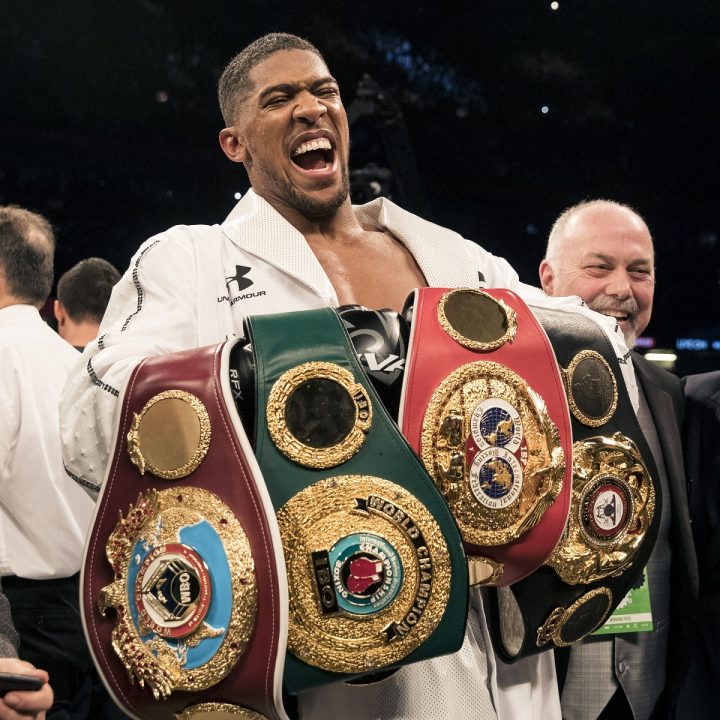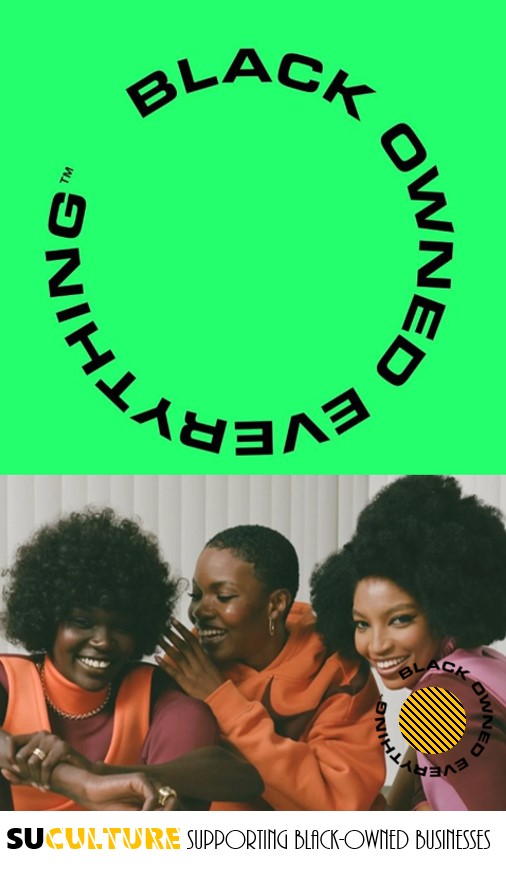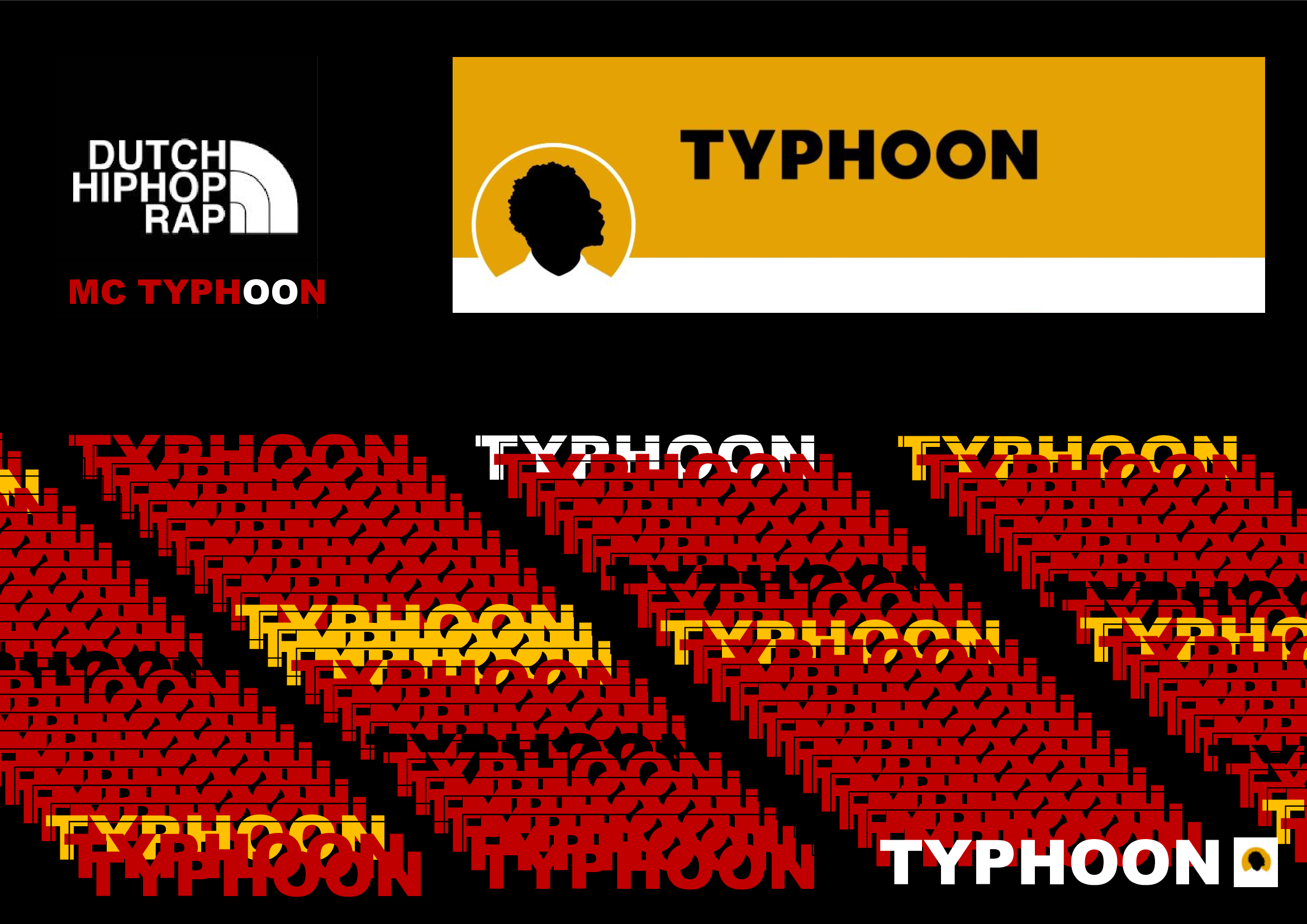-
OnkọweAwọn ifiweranṣẹ
-
-
The Measure of a
Champion: Anthony
Joshua, Muhammad
Ali, and the
Philosophy of
Defeat.

In the world of boxing, losses are inevitable. No matter how skilled, strong, or mentally prepared a fighter is, defeat lurks as an ever-present possibility. The recent loss of Anthony Joshua si Daniel Dubois, highlight a pivotal question in the trajectory of any champion: How do you respond to defeat? This question is not merely about sports tabi boxing, but is a true reflection of deeper human truths that transcend the ring. To understand the significance of this, we must look to one of the greatest boxers of all time — Muhammad Ali — and explore how his losses contributed to the mythology of his greatness.
The Mirage of Invincibility.
The allure of invincibility has captivated humanity for centuries. Champions, especially in a sport like boxing, are often placed on pedestals, where their strength seems divine, their resolve unbreakable, and their future secured. When Anthony Joshua first burst onto the scene, his combination of raw power, precision, and charisma led many to believe he was destined for untouchable greatness. He was a new breed of heavyweight, and for a time, his aura seemed impenetrable.
However, as with all athletes, reality struck. His loss to Andy Ruiz Jr. in 2019, followed by more defeats — including his recent setback against Daniel Dubois — has shattered the illusion of invincibility. And yet, it is in these moments of vulnerability that Joshua faces the most important question of his career: What is the true measure of a champion?
Ali, once hailed as “The Greatest,” provides a philosophical framework for this very question.
Muhammad Ali: The Architect of Defeat and Redemption.
Muhammad Ali’s career was defined not only by his triumphs but also by his defeats — and more importantly, by how he responded to them. Unlike many champions, Ali’s legacy was not built on an unbroken record of victories but on the narrative of his resilience, the art of bouncing back, and the ability to redefine what greatness means.
Ali’s first professional loss came in 1971, in what was billed as “The Fight of the Century,” against Joe Frazier. Ali, confident in his abilities and larger-than-life persona, had no shortage of self-belief going into the fight. But Frazier’s relentless pressure and indomitable will saw Ali knocked down and defeated. The world watched as the self-proclaimed “Greatest” fell.
But Ali’s response to that defeat is what truly set him apart. Instead of crumbling under the weight of failure, he embodied a profound philosophy: a champion is not someone who never loses, but someone who rises stronger after every fall. Ali would go on to face Frazier two more times, regaining his title of heavyweight champion in the “Thrilla in Manila.” Moreover, his later victories, including the famous “Rumble in the Jungle” against George Foreman, would forever be remembered as moments of redemption, underlining his greatness not just as a fighter but as a man who transcended the sport.
Ali’s losses did not diminish him. Instead, they added layers to his persona, humanizing him and enhancing his legacy. He became a symbol of perseverance and the relentless pursuit of self-improvement.
The Philosophy of Defeat: More Than Just Boxing.
Boxing, like life, is a confrontation with the unknown, where control is always partial, and risk is ever-present. For Anthony Joshua, the loss to Daniel Dubois is more than a mark on his professional record; it is a reminder of the fragile nature of success. But this fragility does not equate to failure. In fact, the most profound lessons come not in victory but in defeat.
In the words of the philosopher Friedrich Nietzsche, “What does not kill me makes me stronger.” This aphorism resonates deeply with the boxing ethos, where each defeat presents an opportunity for personal evolution. Muhammad Ali embodied this principle. His losses stripped away the layers of public expectation and forced him to re-examine his purpose—not just as a boxer but as a man. In the process, he became a figure whose greatness was defined not by a perfect record but by an unbreakable spirit.
Anthony Joshua stands at a similar crossroads. The loss to Dubois is not merely a setback but an invitation to reflect on his own philosophy of greatness. Will he view defeat as a catastrophic blow to his career, or as an opportunity for renewal and reinvention? In this moment, Joshua faces a test far greater than any physical opponent: the test of self-understanding and resilience.

Redefining Greatness: Beyond Winning and Losing.
If boxing teaches us anything, it’s that success is not a linear path. There is no static definition of what it means to be “the best.” Ali’s career was marked by ups and downs, triumphs and tragedies. And yet, his greatness was not confined to his wins in the ring — it extended to his ability to influence the world outside of it, to change perceptions, and to inspire others to stand firm in the face of adversity.
For Joshua, the challenge now is not merely to win back titles or secure rematches, but to transcend the simplistic narrative of victory and defeat. The real battle is internal. How will he handle the pressure of doubt, the criticisms of the public, and his own fluctuating sense of self-worth? Like Ali, Joshua’s true greatness will not be measured solely by his wins but by his capacity to evolve, to redefine himself in the face of setbacks, and to embody a spirit of perseverance that can inspire others.
Conclusion: The Path Forward.
Anthony Joshua’s loss to Daniel Dubois is not the end of his story; it is merely a new chapter. Just as Muhammad Ali’s defeats became essential to his legacy, Joshua has the opportunity to transform his losses into something greater — a testament to human resilience, self-awareness, and the refusal to be defined by any single moment.
In the end, the pivotal question facing Joshua, like every champion, is this: Can you rise after falling?! As Ali showed the world, greatness is not about never falling; it’s about rising every time you do.
ASEJE.
-
Interesting read @suculture!
In the context of boxing, the dialectic of success and failure is ever-present. Fighters oscillate between the poles of victory and defeat, constantly negotiating between triumph and loss. The public often views these moments through the lens of binary oppositions: winning is good, losing is bad. But the deeper truth, is that defeat is not the opposite of victory but a necessary condition for growth.
Thank you for the article.
-
e dupe @africamonetary.
In his existential philosophy, Jean-Paul Sartre posits that human beings are “condemned to be free.” This freedom, while exhilarating, carries a weighty responsibility: we must continuously confront the choices that define us, and in doing so, grapple with our limitations. Sartre’s insight is critical to understanding the psychological weight of defeat in boxing, where every fight is not just a battle of bodies but a confrontation with one’s self.
This ties with G.W.F. Hegel‘s theory of human development as a dialectical process — a back-and-forth movement between opposing forces that drives growth. According to Hegel, true understanding emerges only through a process of Aufhebung, or “sublation,” where contradictions are not merely resolved but integrated into a higher synthesis.
ASEJE.
-
-
OnkọweAwọn ifiweranṣẹ
O gbọdọ wọle lati fesi si koko yii.









